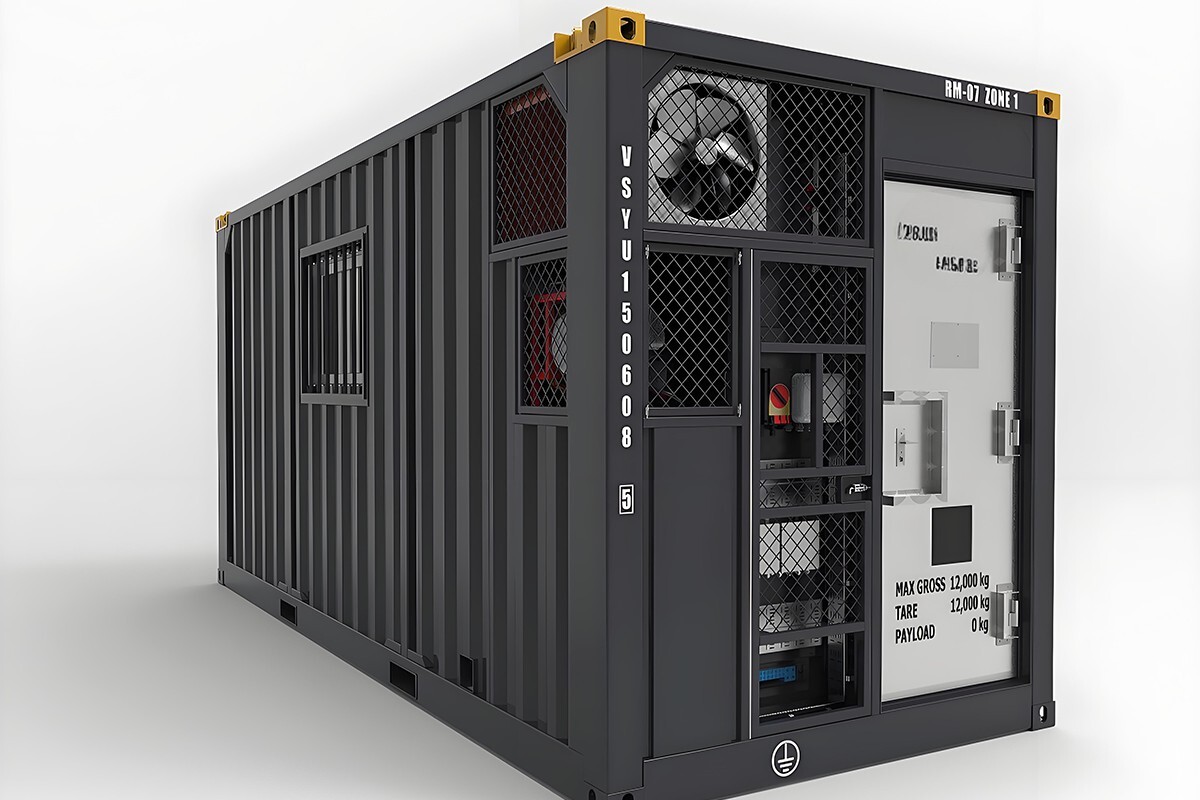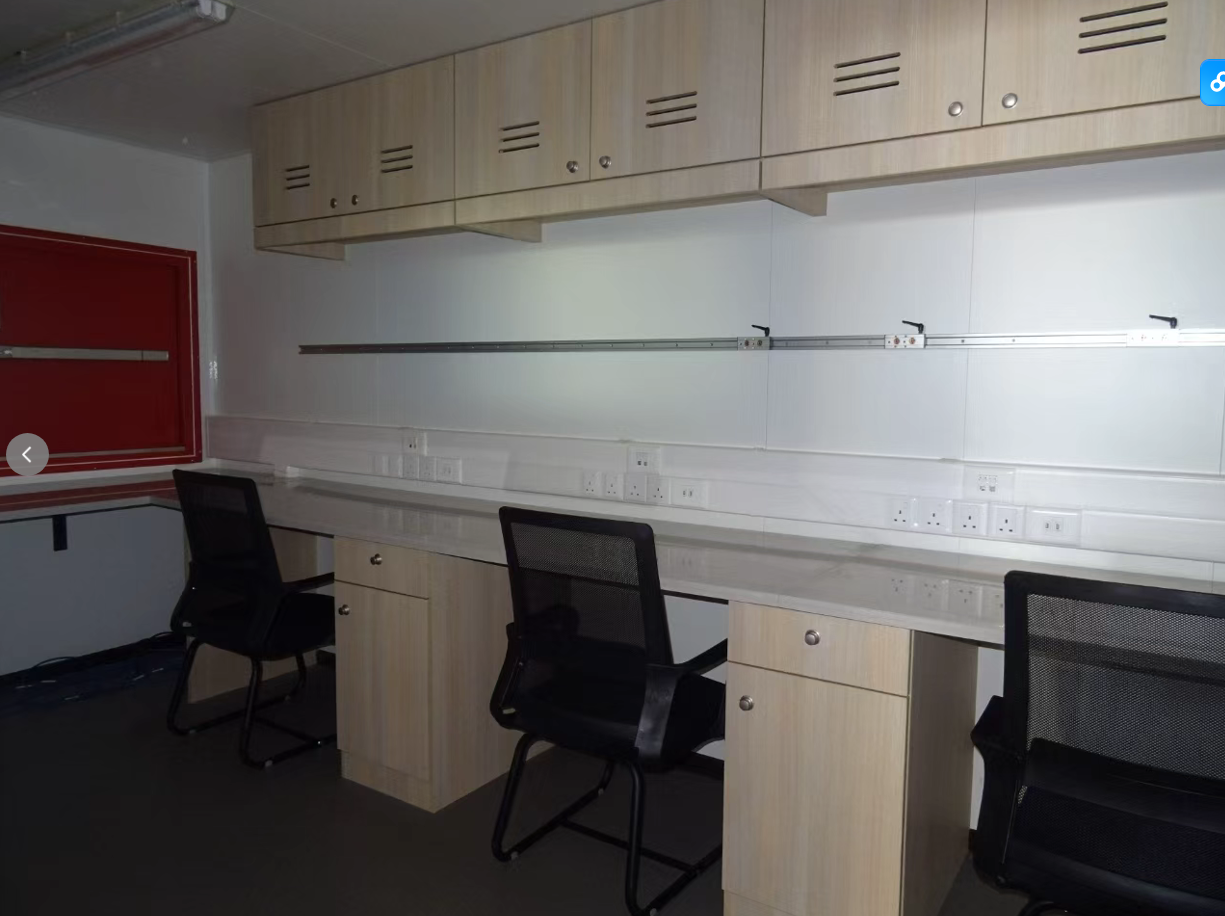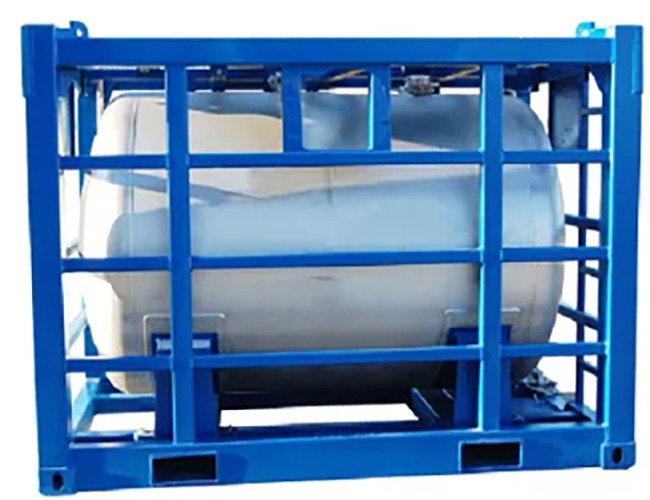PRODUCTS
Categories List
Recent Posts
![Winner Offshore Offshore Accommodation Units Create Comfortable Offshore Working & Living Spaces Winner Offshore Offshore Accommodation Units Create Comfortable Offshore Working & Living Spaces]() Winner Offshore Offshore Accommodation Units Create Comfortable Offshore Working & Living Spaces2026-03-02
Winner Offshore Offshore Accommodation Units Create Comfortable Offshore Working & Living Spaces2026-03-02![]() Winner Offshore Delivers Offshore Containers Globally to Support Efficient Operations of Global Offshore Energy Projects2026-02-27
Winner Offshore Delivers Offshore Containers Globally to Support Efficient Operations of Global Offshore Energy Projects2026-02-27![Winner Offshore DNV 2.7-1 Offshore Tank Containers Boost Upgrading of Offshore Hazardous Chemicals Storage and Transportation Winner Offshore DNV 2.7-1 Offshore Tank Containers Boost Upgrading of Offshore Hazardous Chemicals Storage and Transportation]() Winner Offshore DNV 2.7-1 Offshore Tank Containers Boost Upgrading of Offshore Hazardous Chemicals Storage and Transportation2026-02-25
Winner Offshore DNV 2.7-1 Offshore Tank Containers Boost Upgrading of Offshore Hazardous Chemicals Storage and Transportation2026-02-25

Offshore Zone 2 Pressurized Container is a pressurized transport unit designed for hazardous areas (Zone 2) of offshore oil and gas platforms. It must meet both DNV 2.7-1 standards and ATEX explosion-proof certification (such as II 2G Ex db IIC T4) to ensure safety and reliability in explosive gas environments. The following is a detailed analysis of its core technical requirements and industry applications:
1. Core technical requirements and design features
Material and structure
High-strength steel: S355J2+N or equivalent steel is used, the welding process complies with EN ISO 15614, and the welds pass non-destructive testing (such as ultrasonic testing).
Corrosion-resistant design: The surface is sprayed with a high weather-resistant coating (such as Hempadur), which passes the salt spray test for ≥1000 hours and has a service life of more than 20 years.
Pressure and sealing system
Pressure range: The design pressure is usually 200-300 bar (such as the case of CO₂ transportation in the North Sea oil field), equipped with safety valves, pressure switches and emergency pressure relief devices to ensure automatic discharge in case of overpressure.
Sealing design: Double-layer sealing door (IP65 protection level) and special sealing strips are used to reduce gas leakage rate by more than 30%.
Explosion-proof and safety design
ATEX certification: The electrical system must comply with Ex db explosion-proof standards (such as explosion-proof motors, lighting equipment), the housing protection level is IP65, and the internal gas concentration monitoring system is configured.
Temperature control and energy: Supports precise temperature control from - 60°C to + 50°C, and optional diesel generators (such as 15kW Clip-On Genset) are available, which improves fuel efficiency by 15%.
2. Certification process and test standards
Certification basis:
DNV 2.7-1: covers the entire process of design, manufacturing and testing, and requires passing static load test (3 layers stacked), dynamic impact test (drop height 0.6 meters) and vibration test (5-50Hz).
ATEX Directive 2014/34/EU: requires equipment to be explosion-proof in Zone 2 environment, and electrical equipment must pass type test certification (such as Ex db IIC T4).
Test items:
Pressure test: Hydrostatic pressure test verifies the strength of the container to ensure compliance with ASME VIII or API 20S standards.
Explosion-proof test: simulates explosive gas environment to verify the sealing of the shell and the explosion-proof performance of electrical equipment.
MESSAGE
Please give us a message



